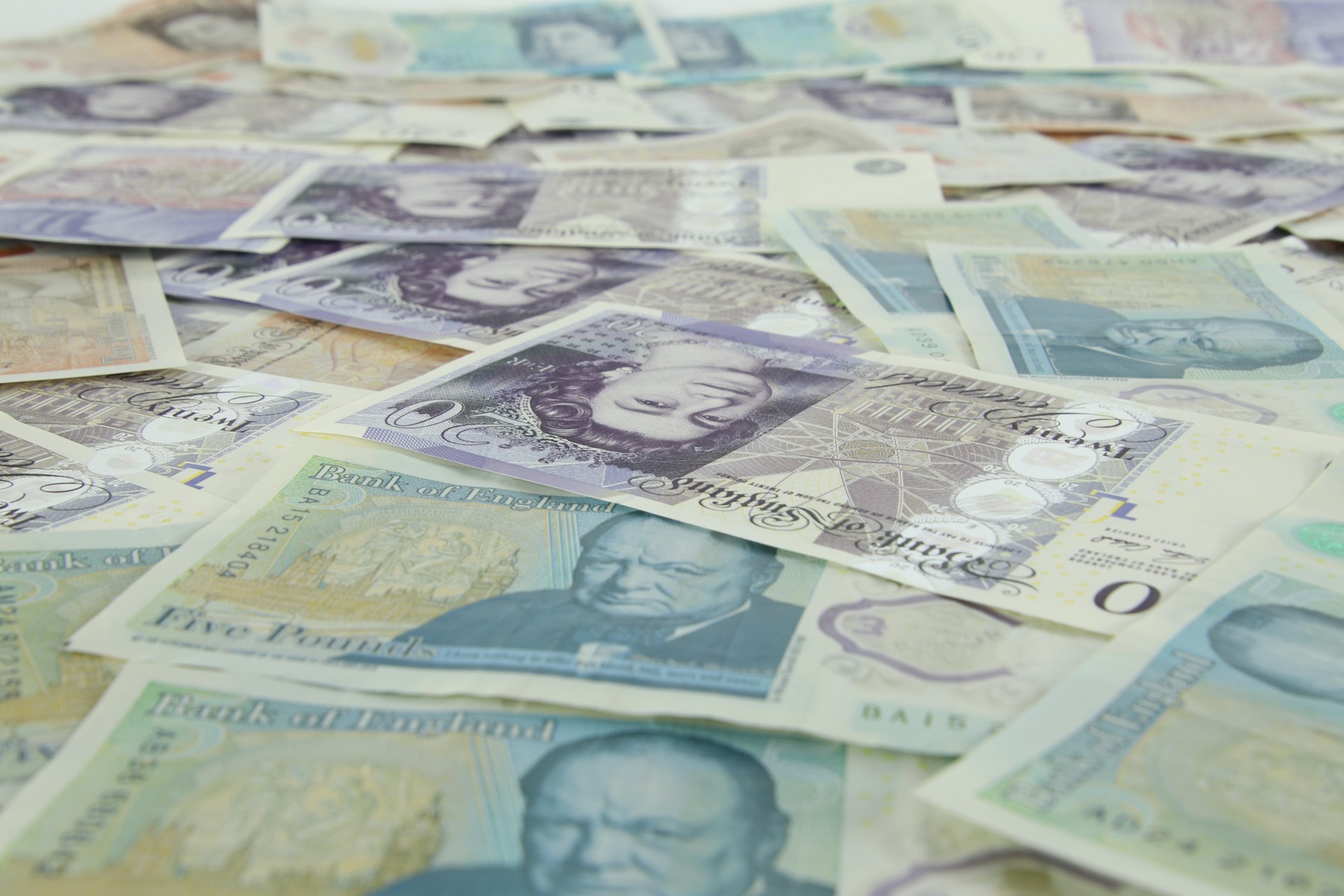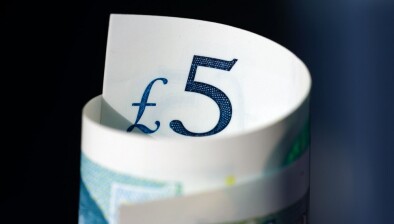UK GDP grinds to a halt in July

The UK’s GDP flatlined in July, recording zero economic growth.
Data from the Office for National Statistics (ONS) confirmed the stagnation, a slowdown from the 0.4% expansion seen in June. The figures, which were in line with economists’ expectations, showed that a slump in manufacturing cancelled out growth in the services and construction sectors.
The result prompted a Treasury spokesperson to admit that while the economy “is not broken, it does feel stuck”. With growth slowing to just 0.2% in the three months to July, Chancellor Rachel Reeves faces an uphill battle to deliver on her “number one mission” to boost the economy.
The UK government is reportedly establishing a new “Budget board” to align its growth initiatives ahead of the fiscal statement on November 26. However, with estimates of a hole in the public finances exceeding £20 billion, analysts predict tax rises may be unavoidable.
The Bank of England is expected to hold interest rates at 4% next week. Policymakers must balance stimulating the flatlining economy against persistent inflation, which stood at 3.8% in July – nearly double the bank’s 2% target. Concerns were amplified by separate data showing the public’s long-term inflation expectations rose to 3.8% in August.
A detailed look at the data revealed weaknesses in key areas. Output in consumer-facing industries like bars and restaurants fell by 0.6% in the three months to July.
Manufacturing contracted by 1.1% over the same period, a decline one analyst attributed to the “significant headwind” from the unwinding of goods being exported to the US ahead of trade tariffs.
In currency markets, the pound slipped 0.3% against the dollar to $1.354 following the news.
Kevin Brown, savings expert at Scottish Friendly, said: “While there’s no shortage of people ready to talk down the UK economy – and it certainly has its challenges – it continues to show a degree of resilience.
“Growth in July was flat, which is clearly disappointing after the stronger-than-expected performance we saw in Q2, but it doesn’t fundamentally alter the fact that the economy has been holding up relatively well in the face of heightened geopolitical uncertainty, a softening labour market and stubborn inflation.
“Both businesses and households are clearly still grappling with tighter monetary policy, rising prices and higher taxes, but the economy is displaying signs of stability rather than deterioration.
“What’s encouraging is that forward-looking indicators suggest some improvement ahead. PMI data for August reported the strongest month of activity in a year, thanks to a rebound in the UK’s dominant services sector. That points to renewed momentum as we head into the autumn.”
Mr Brown continued: “In terms of interest rates, flat growth does little to change the outlook. The Monetary Policy Committee remains squarely focused on quashing inflation, meaning a further reduction in borrowing costs looks unlikely unless the economy starts to deteriorate sharply.
“While good news for savers, it does not mean cash has reclaimed its crown. Not by a long stretch. Cash was dethroned the moment inflation took hold.
“So, if you are looking to grow your money in this inflationary environment, you would be advised to ensure you are getting the best rates available or you might want to consider options for investing.
“In the absence of growth-boosting rate cuts, investors and businesses will instead be looking to the Autumn Budget for measures that can support growth and bolster confidence. However, given the reported £40bn hole in public finances, it would be a stretch to expect many – or indeed any – giveaways in the upcoming fiscal review.”







